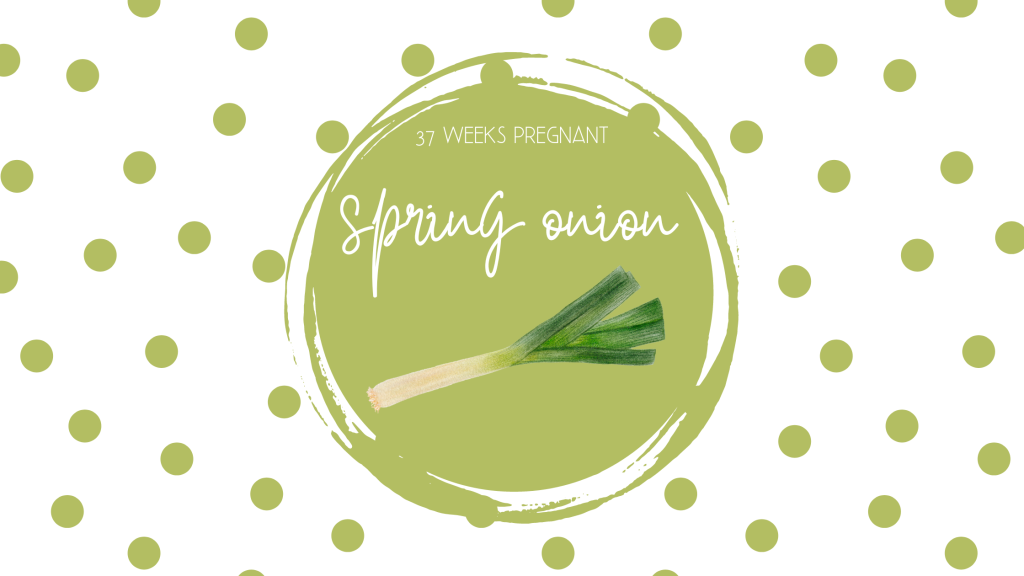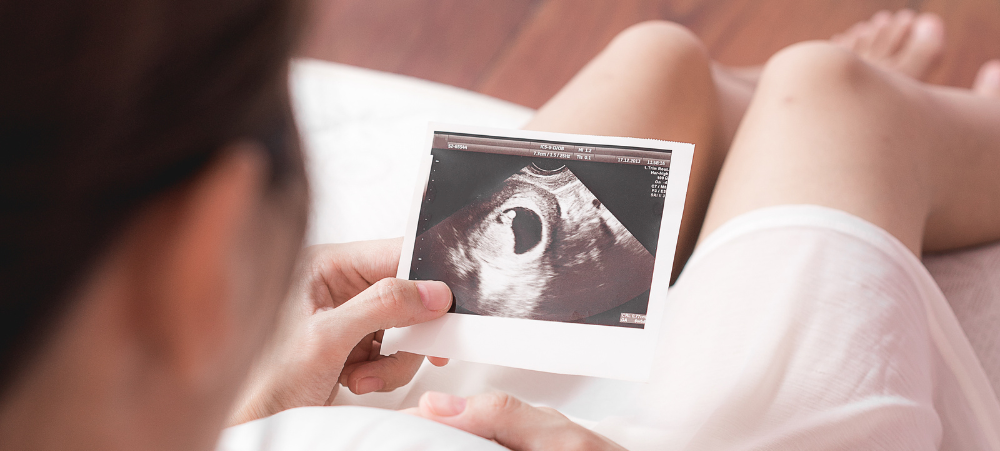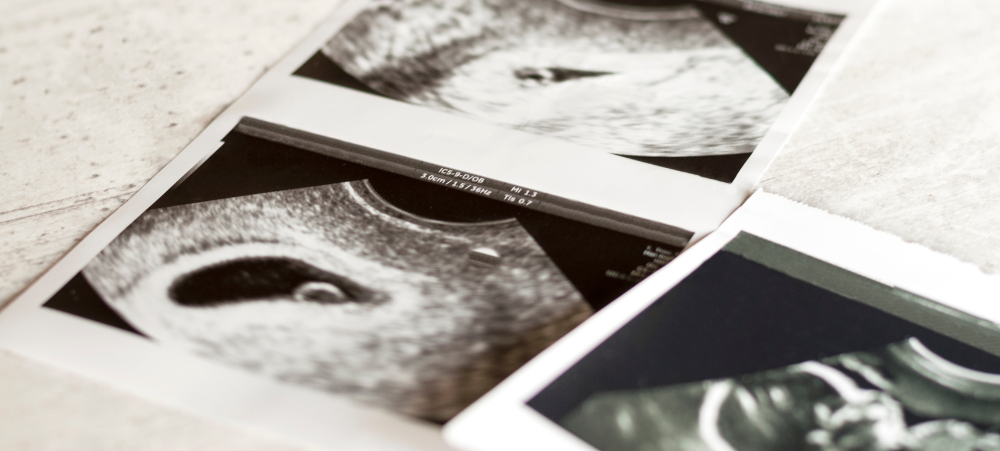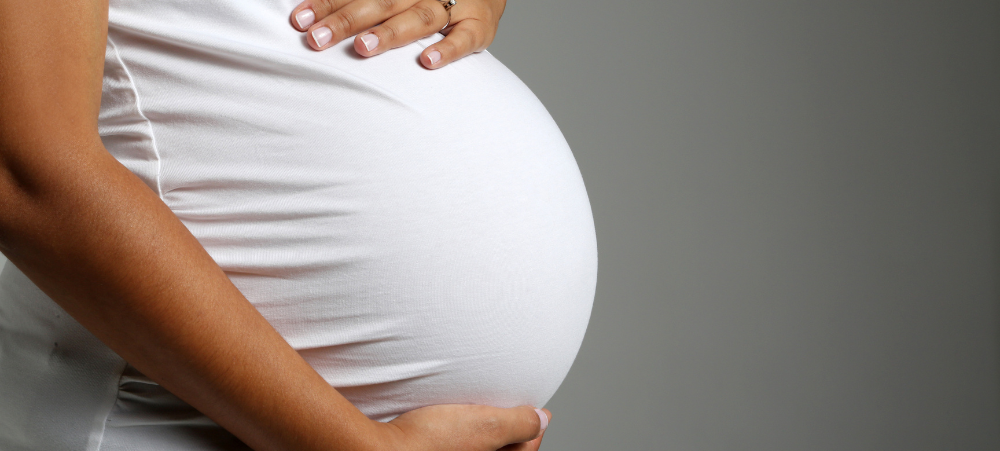
You are now in the final stretch of pregnancy, and at the end of this week you’ll only have 3 weeks left until your due date. 37 weeks ago you had your last period – a lot has changed since then! Although 40 weeks is the official length of time for pregnancy, many women give birth before or after this time. If your baby is born between week 37 and 38, they are known as early term babies.
Your body at week 37
At this point in your pregnancy you may often feel tired, and this is usually made worse by the fact that you are generally getting a poor night’s sleep. Normal pregnancy symptoms are abdominal pressure, the frequent urge to urinate, a sore back and pelvis, Braxton Hicks contractions and stretch marks.
Your baby at week 37
At this point almost all babies will have moved downwards into your pelvis, most commonly they will be in the cephalic presentation, which is head down, facing your spine. There are other positions that you baby can be in, such as cephalic posterior position, which is when they face outwards, or a breech position, which is feet first. If your baby is in an awkward position such as a breech, your baby may be delivered by c-section so as to minimise the risk to you and them.
Things for your to keep in mind at week 37
Around week 37 of pregnancy you may start to experience the urge to organise and clean your house in preparation for your new baby. This is known as nesting and is an instinct shared with many other animals. Nesting may have you rearranging your household to make it more baby friendly and you may feel the need to limit social interactions. While this most commonly occurs when your delivery date is close, it can happen at any time during your pregnancy – or sometimes not at all.
For 2025 we have a renewed Female Health Programme:In collaboration with CareWorks, it’s accessible to all female members aged 18 and above, with an emphasis on preventative care and early detection of female-specific health issues. In addition, we have an enhanced Maternity Programme to support expecting mothers. This includes early identification of and weekly engagement for high-risk pregnancies, post-childbirth care and associated mental health follow-up calls for new mums, given the prevalence of pre and postnatal depression. Also, milestone reminders for children under 3 and cover for antenatal vitamins through savings, day-to-day benefits or the Benefit Booster
Bonitas Medical Fund
0860 002 108
View Website: www.bonitas.co.za
- Putting together your birth plan - December 23, 2025
- Breastfeeding tips - December 15, 2025
- Mental health matters during the festive season: Let’s normalise getting help - December 11, 2025





